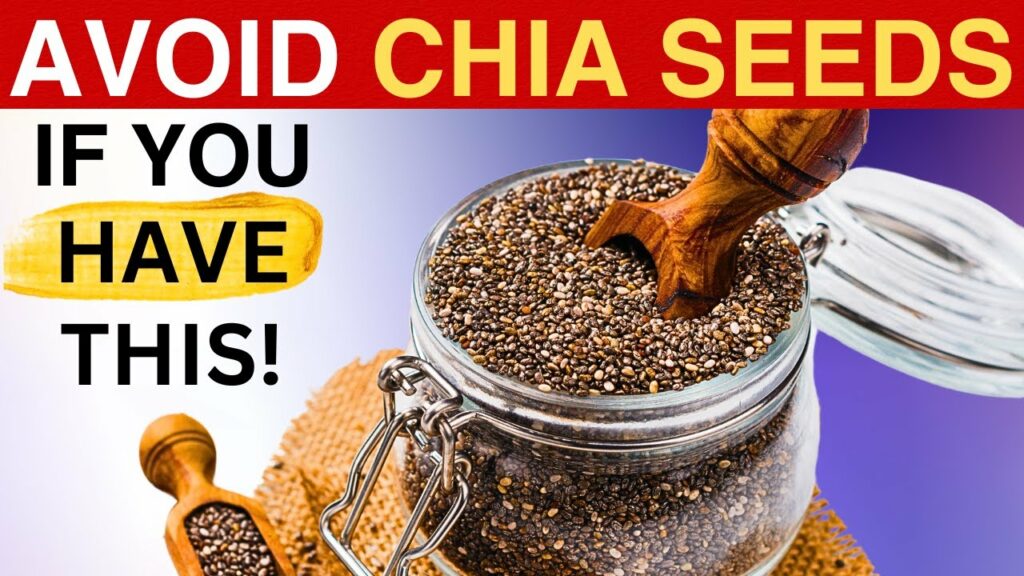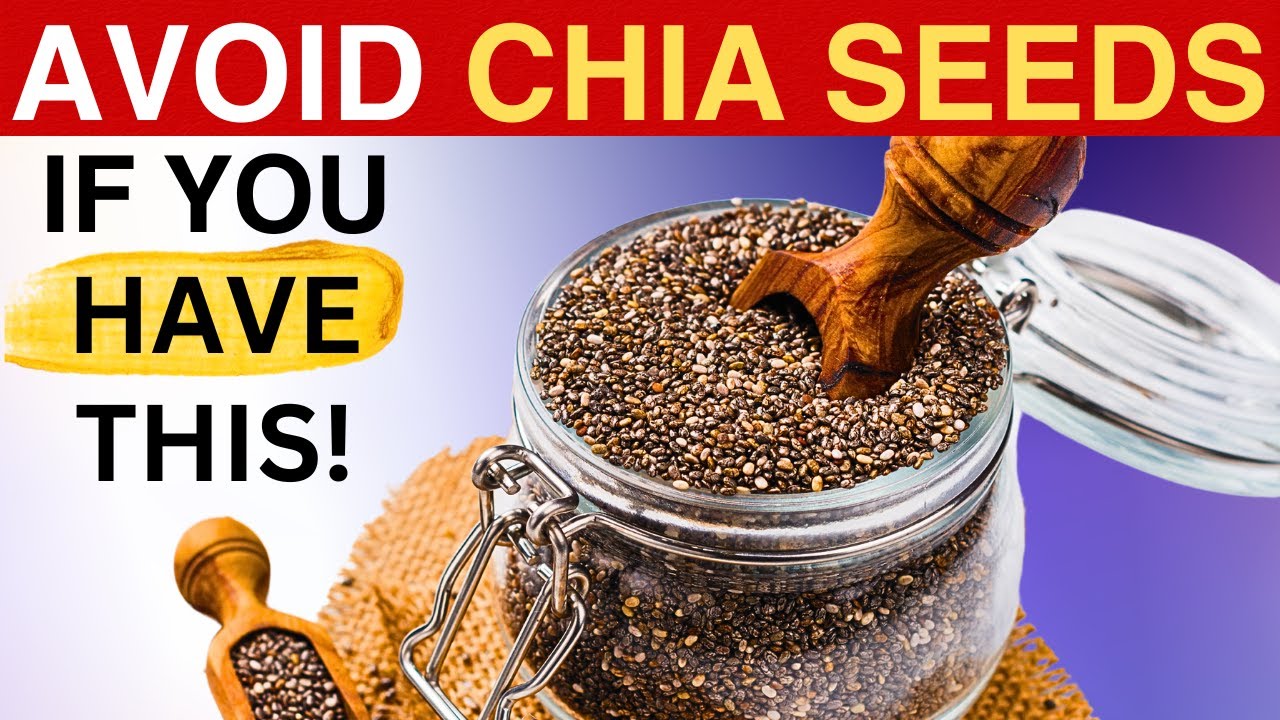
Chia seeds are popular for their nutritional benefits, including high fiber, omega-3 fatty acids, and protein content. However, like any food, chia seeds may not be suitable for everyone, especially those with certain health conditions. Here are some circumstances under which you might want to avoid or limit your intake of chia seeds:
1. Low Blood Pressure or Blood Thinner Medication: Chia seeds are known for their ability to lower blood pressure. If you already have low blood pressure or are taking blood thinners, consuming chia seeds could potentially cause your blood pressure to drop too low or increase the risk of bleeding.
2. Gastrointestinal Issues: Due to their high fiber content, chia seeds can absorb up to 10-12 times their weight in water, forming a gel-like substance. While this can be beneficial for most people by promoting satiety and regular bowel movements, it might cause adverse effects like bloating, gas, or constipation in people with existing gastrointestinal issues such as Irritable Bowel Syndrome (IBS) or diverticulitis.
3. Allergies to Chia Seeds: Although rare, allergies to chia seeds can occur. Symptoms might include rashes, hives, or swelling, and in severe cases, it can lead to anaphylaxis. If you experience allergic symptoms after consuming chia seeds, it’s crucial to avoid them and consult with a healthcare provider.
4. Swallowing Difficulties: For individuals with esophageal restrictions or swallowing difficulties, the gelatinous texture of soaked chia seeds can pose a risk of choking. Therefore, if you have a known condition that makes swallowing difficult, you should be cautious with chia seeds or consult a health professional before adding them to your diet.
5. Pregnant or Breastfeeding Women: While chia seeds are generally safe in moderation during pregnancy or breastfeeding, due to their high fiber and fat content, excessive intake might lead to gastrointestinal discomfort or affect nutrient balance. It’s advisable for pregnant or nursing women to consult a healthcare provider before making significant dietary changes.
6. Scheduled Surgery: If you have any surgery planned, it is recommended to avoid chia seeds a few weeks before the procedure due to their blood-thinning properties, which could affect blood clotting during surgery.
Conclusion: Chia seeds offer numerous health benefits, but they may not be suitable for everyone. If you have any of the above conditions, consider consulting with a healthcare provider to determine whether chia seeds are safe for you. Tailoring your diet to suit your individual health needs is crucial for maintaining overall wellness.




